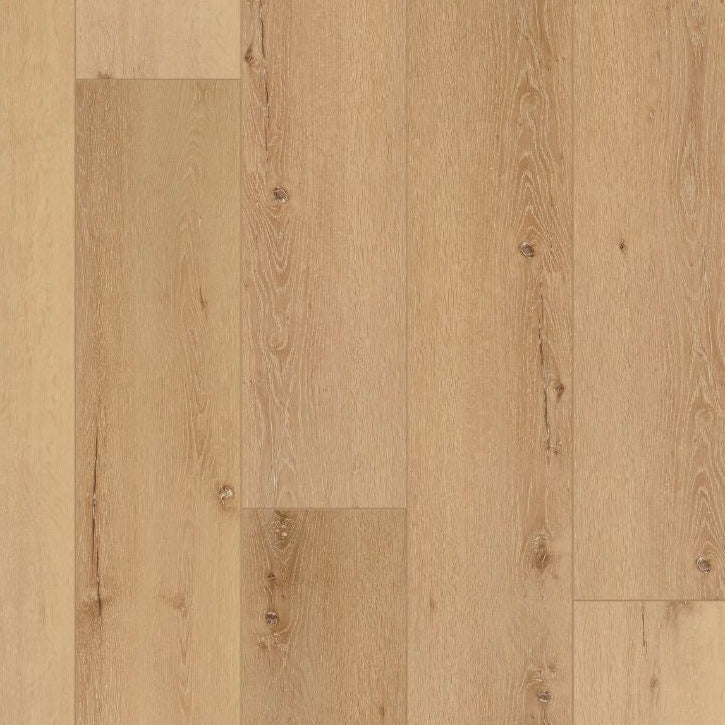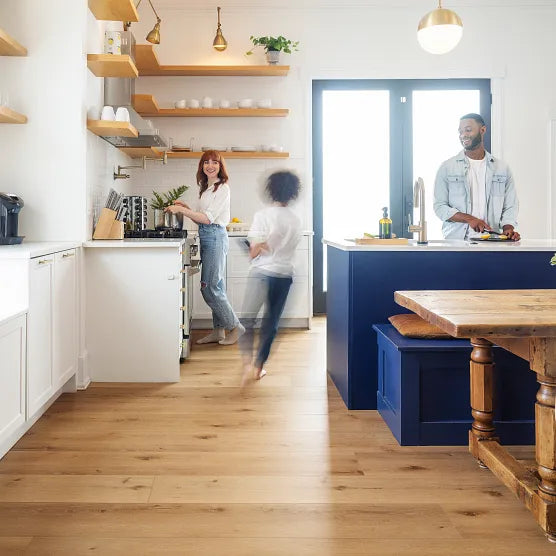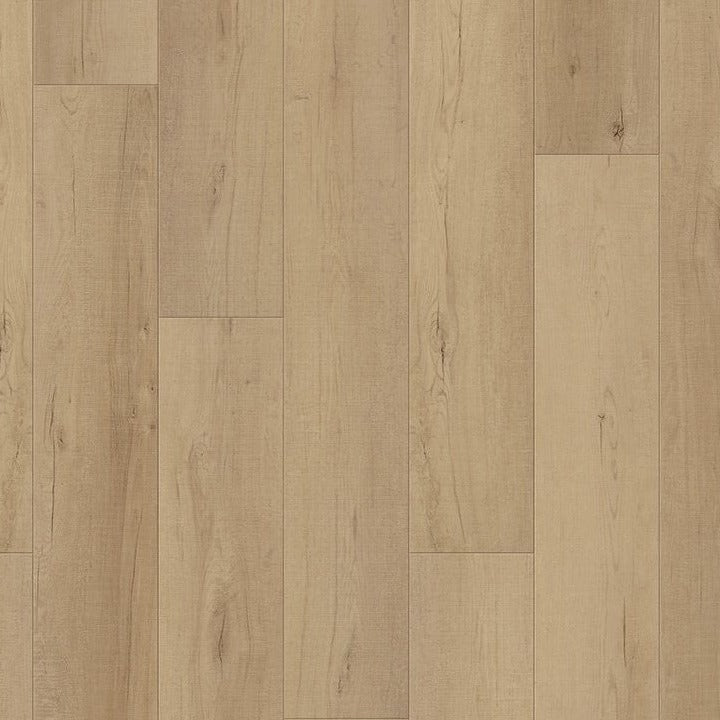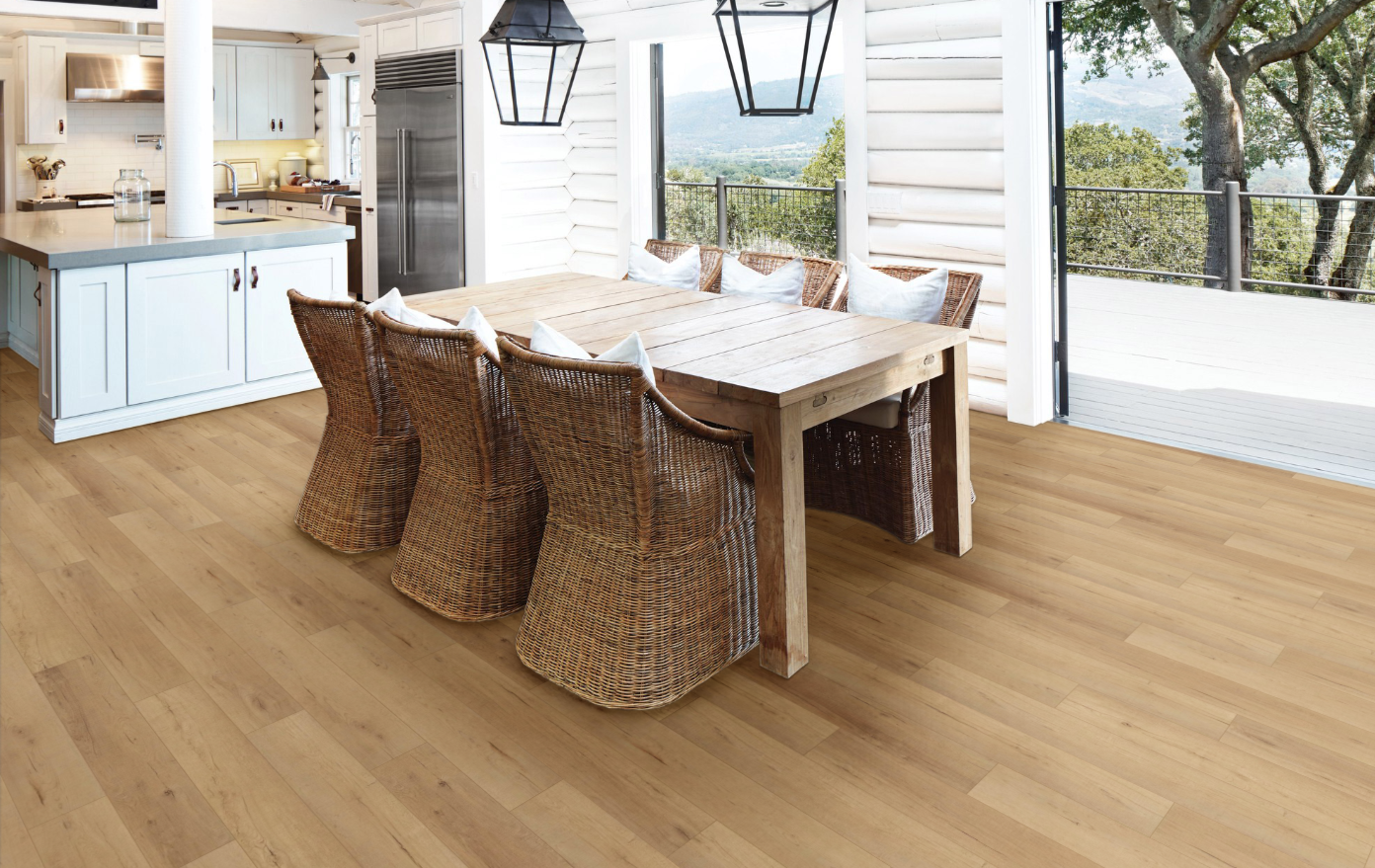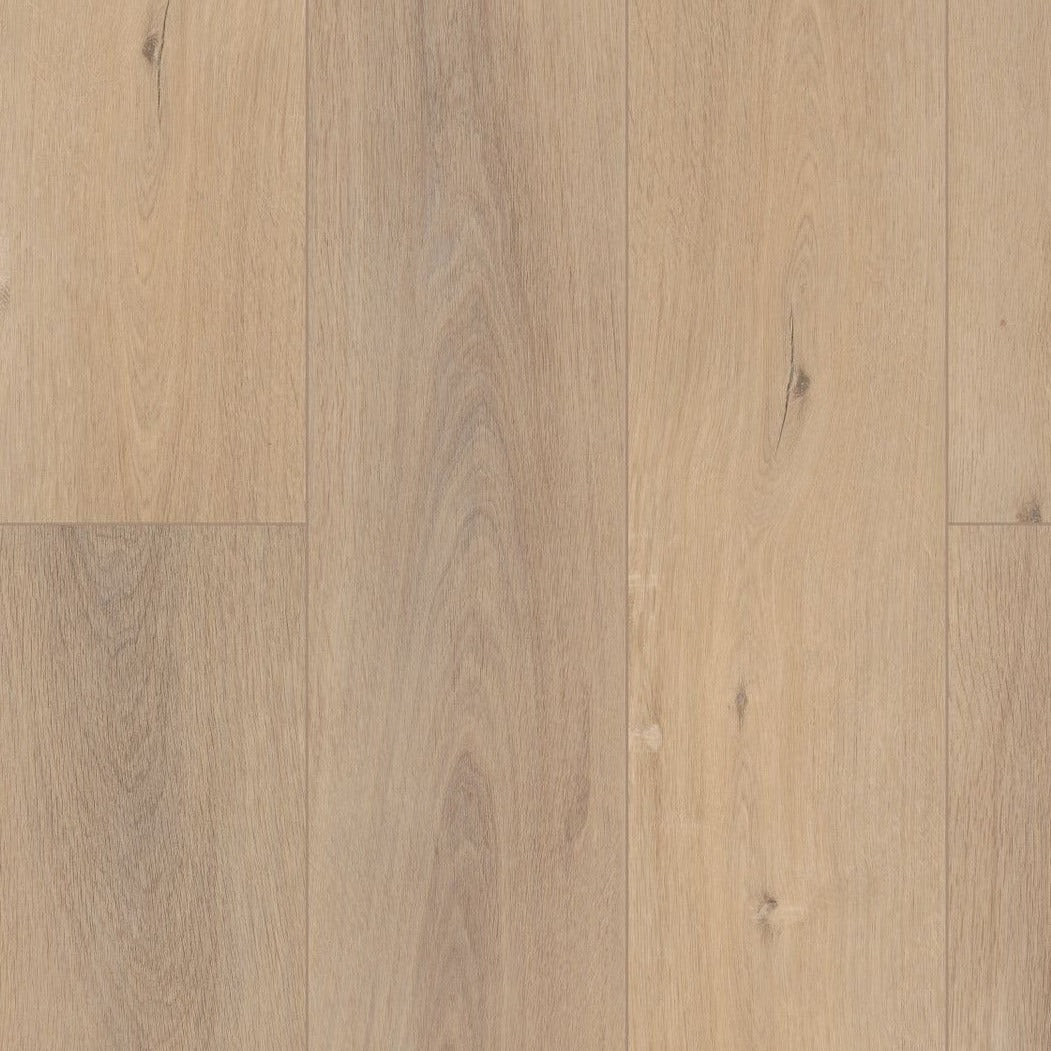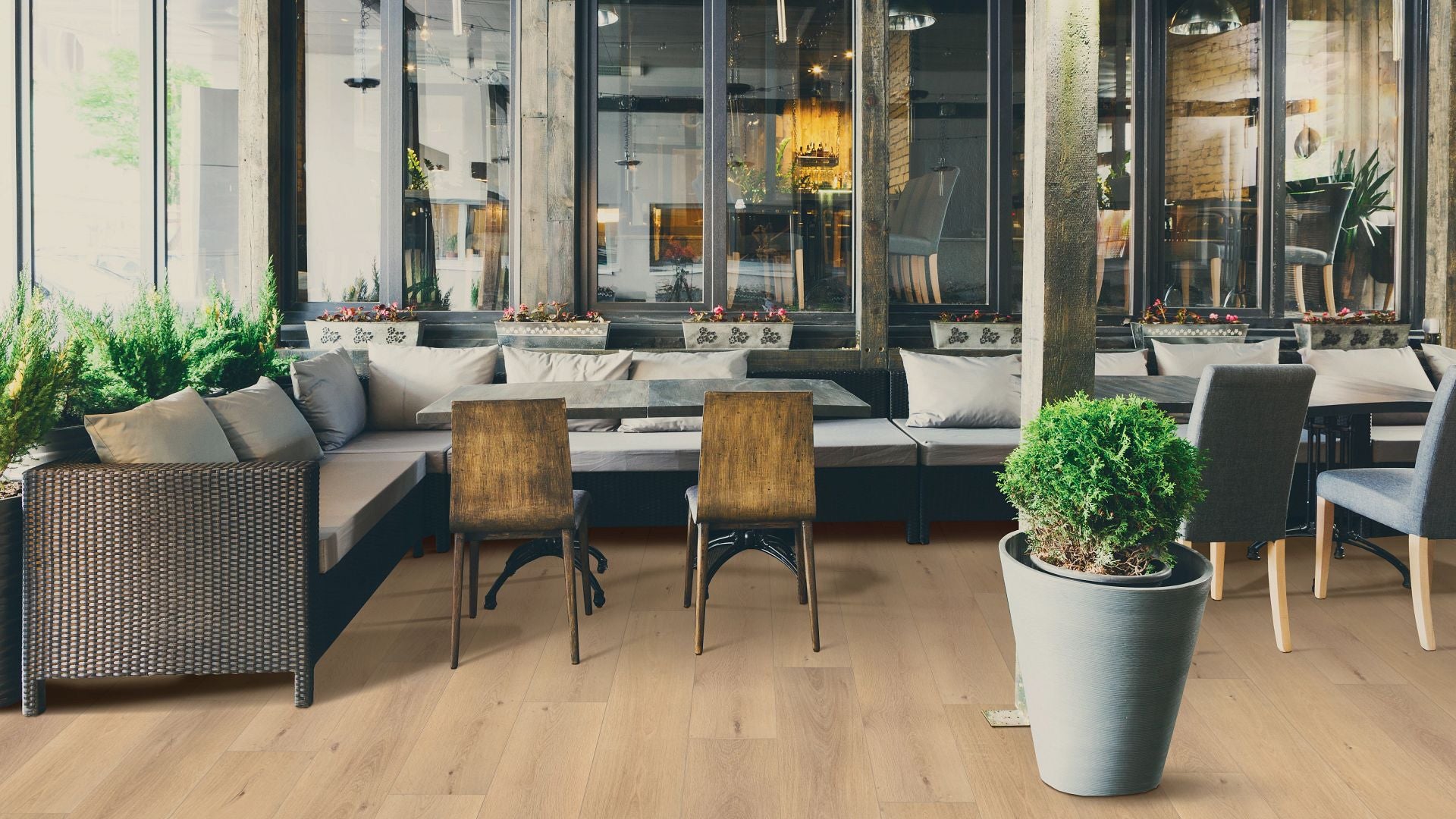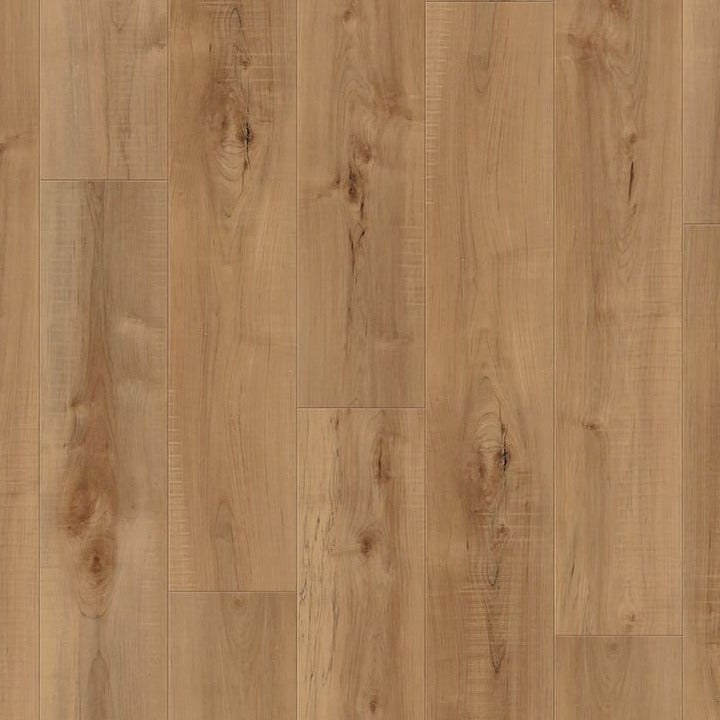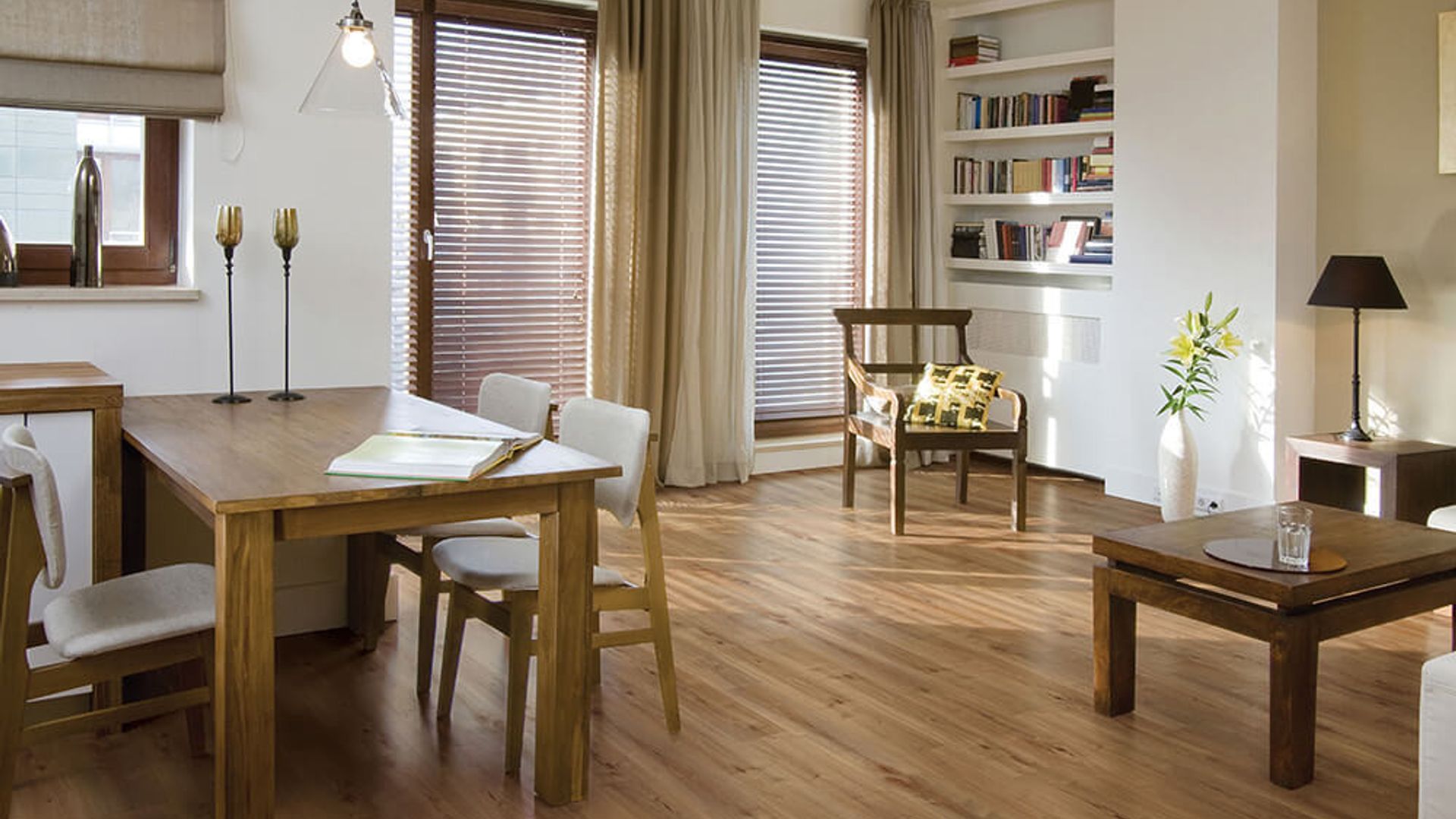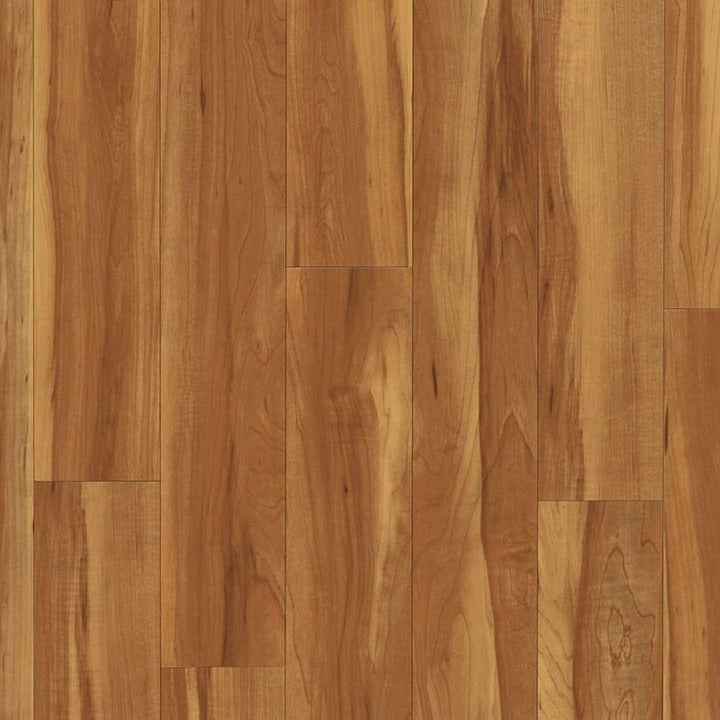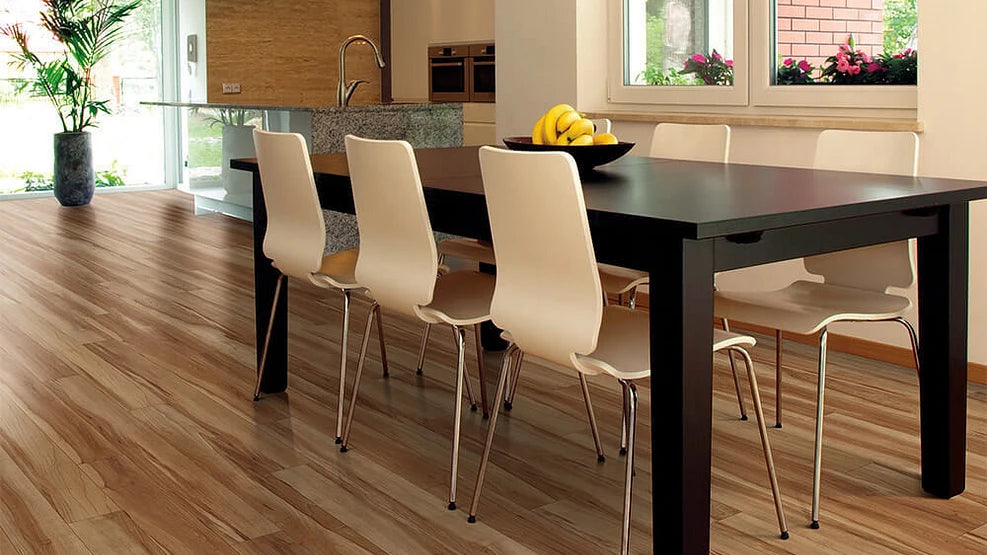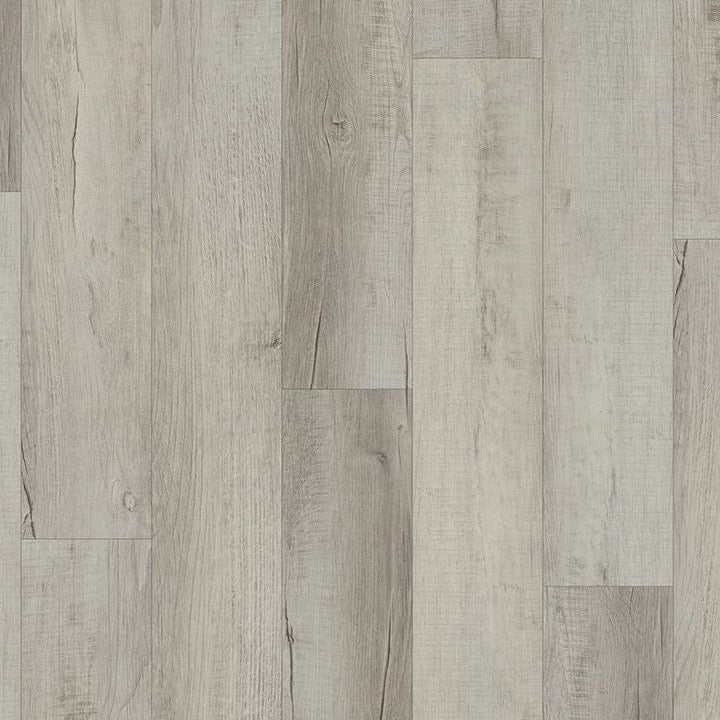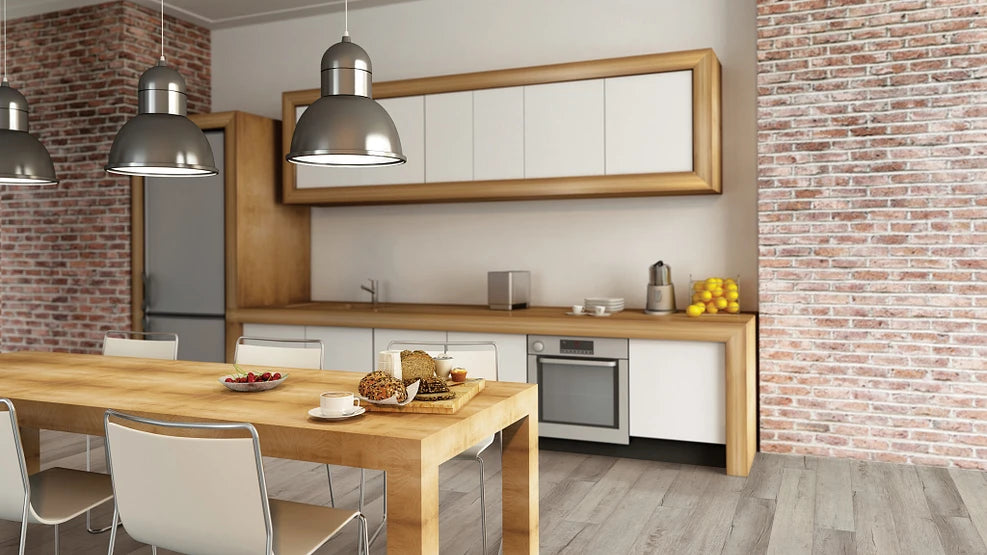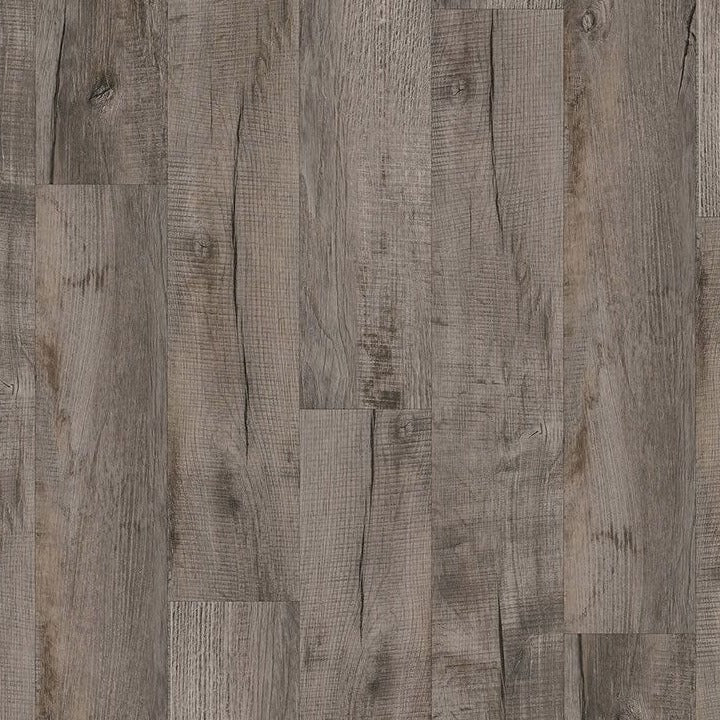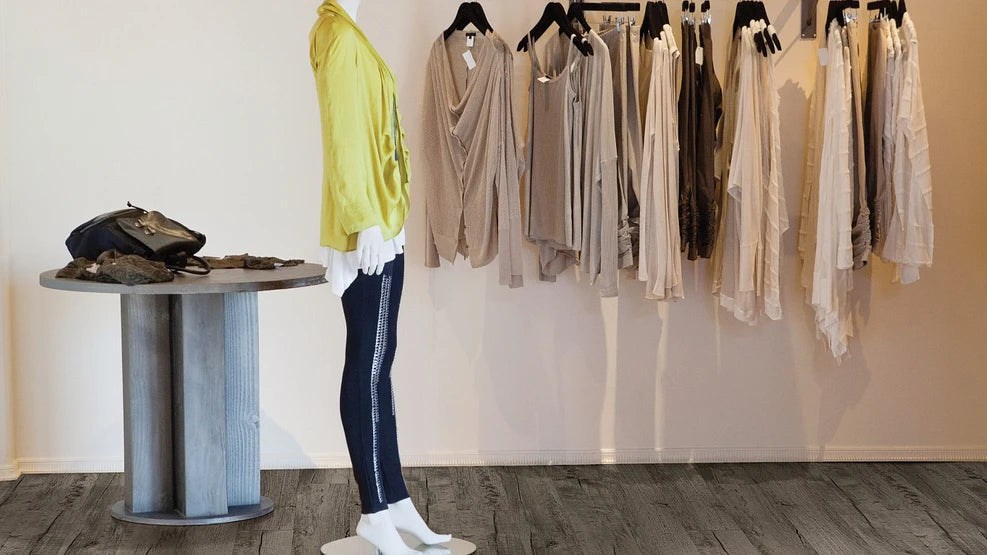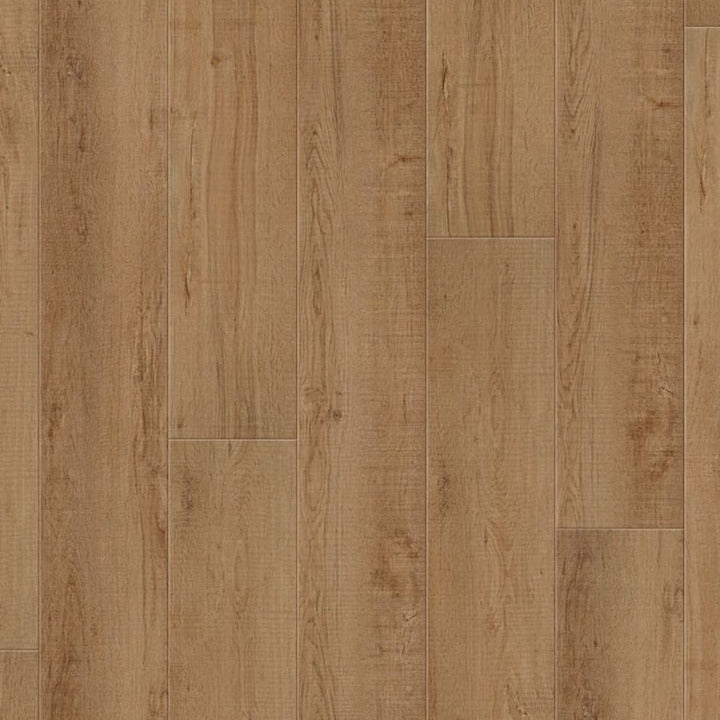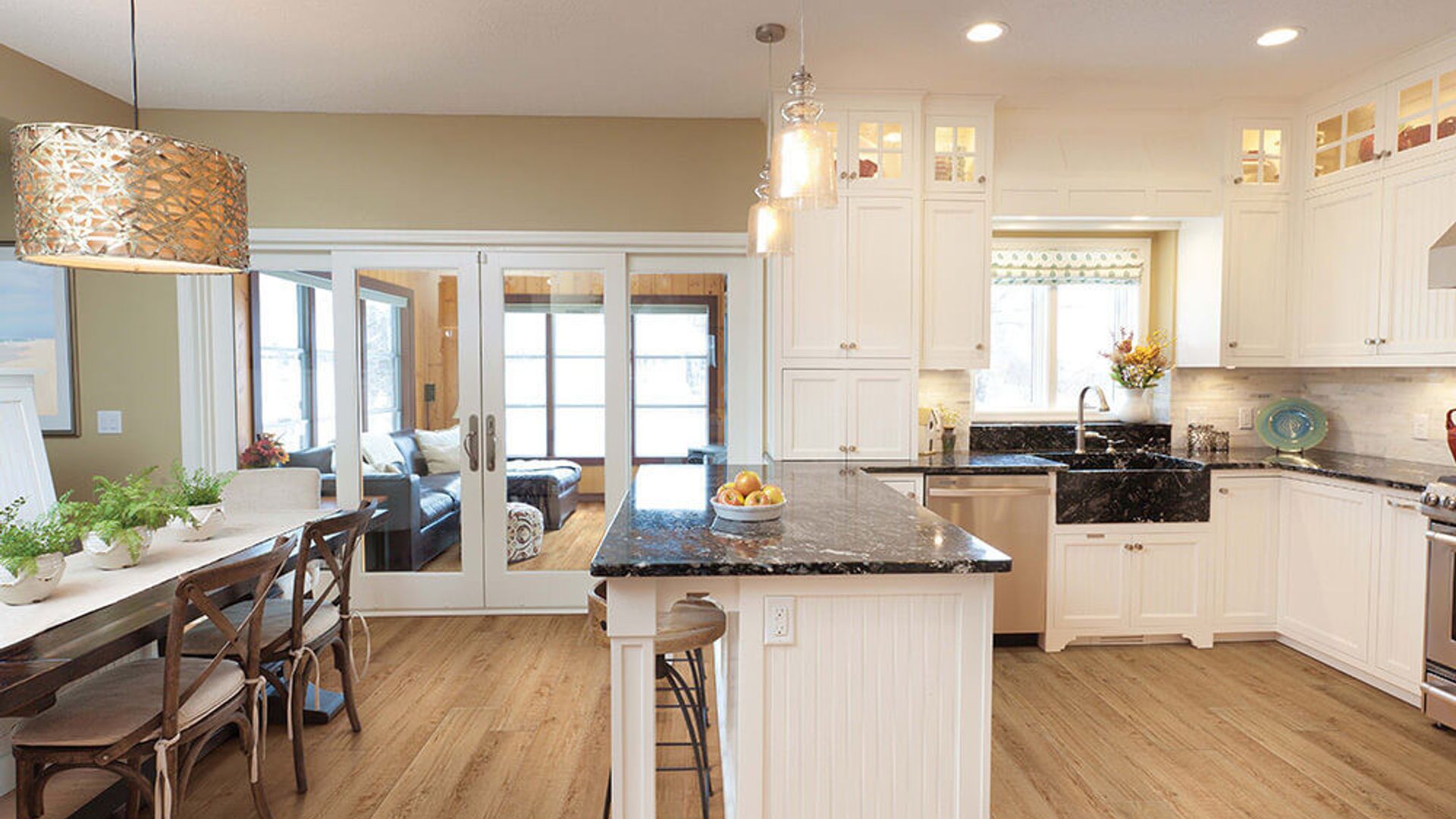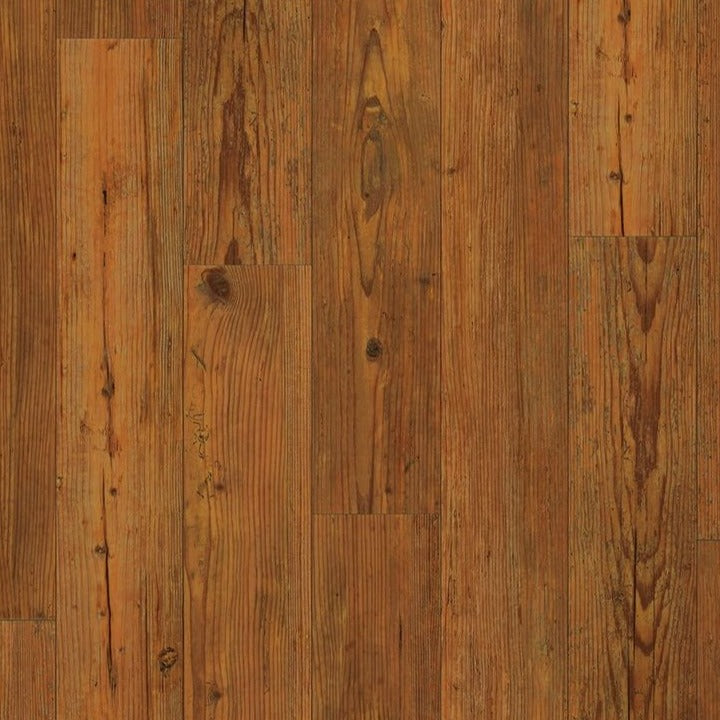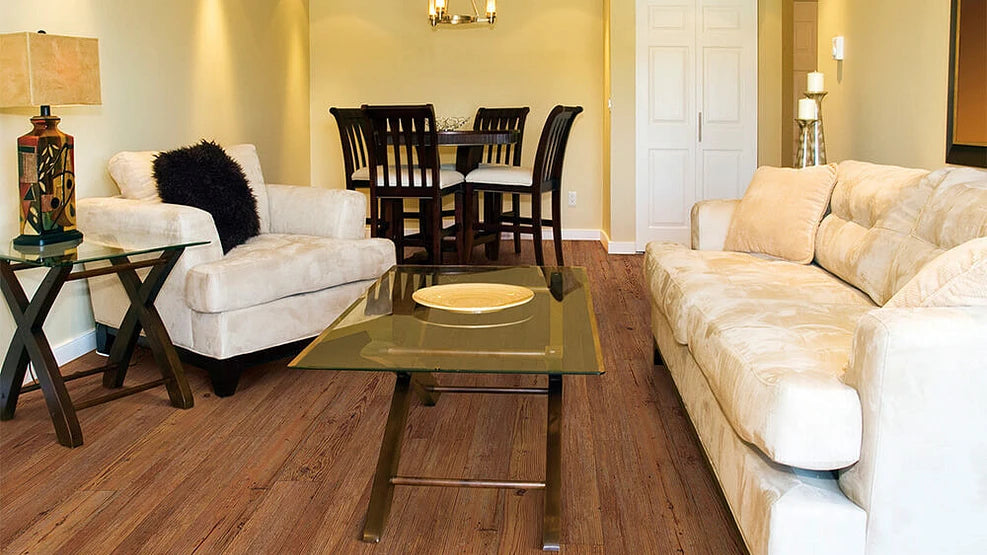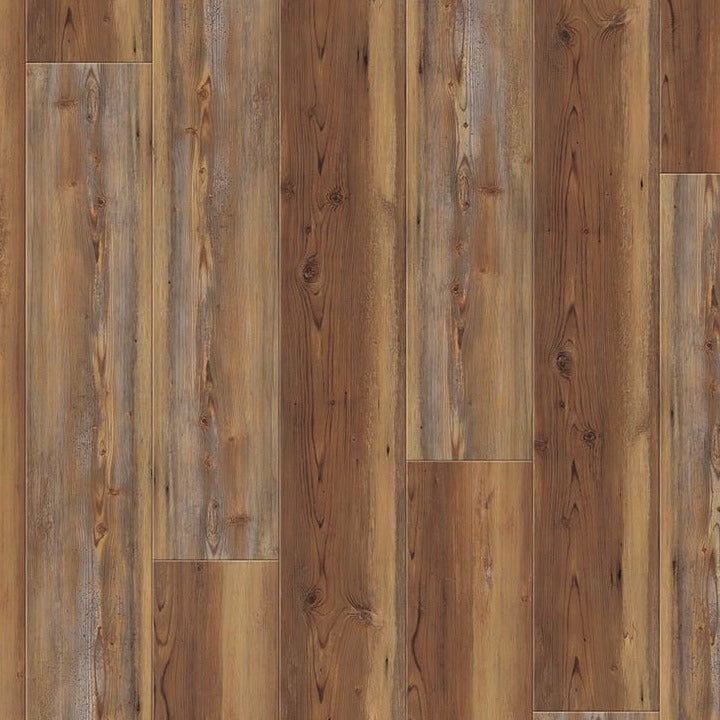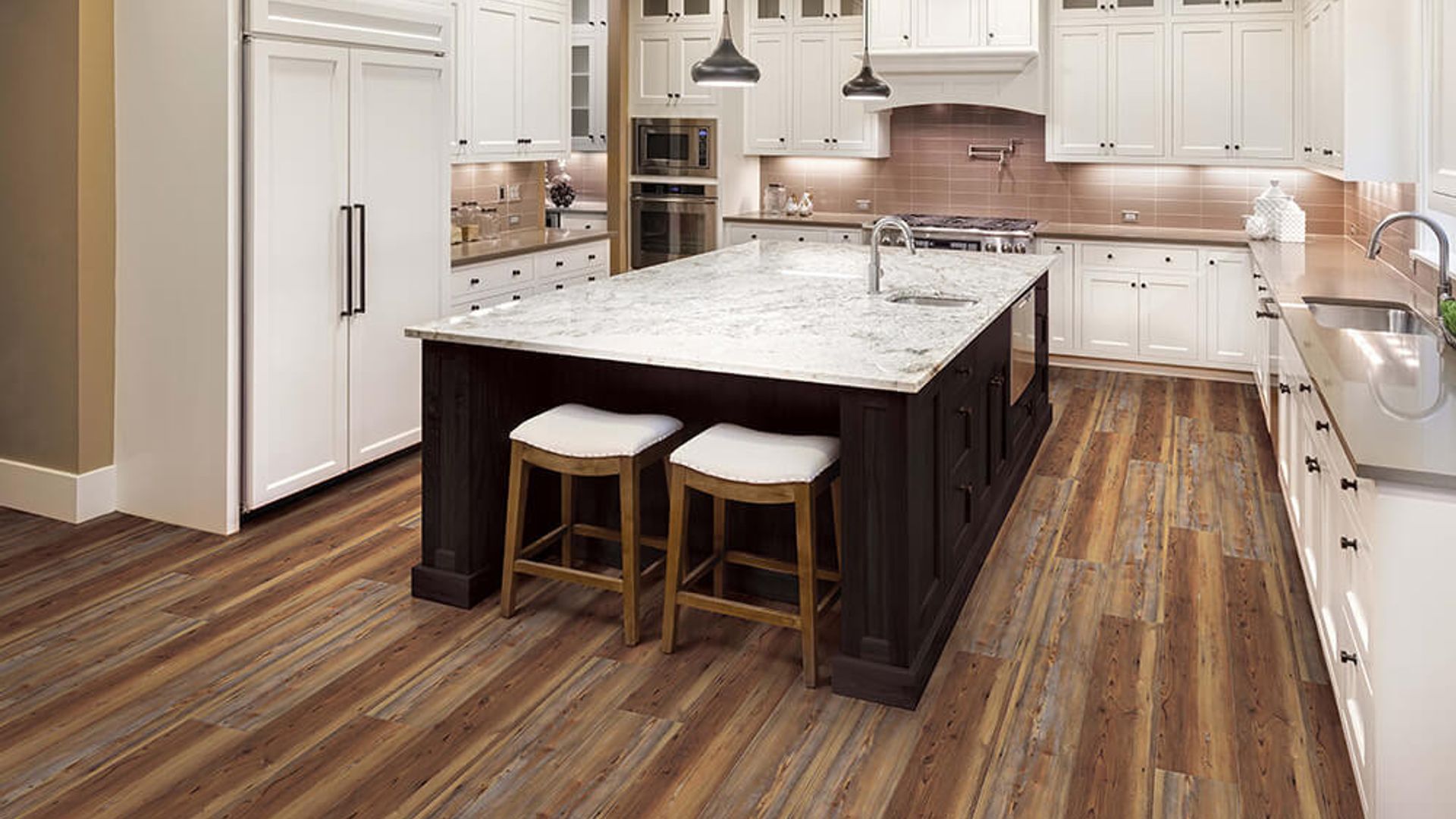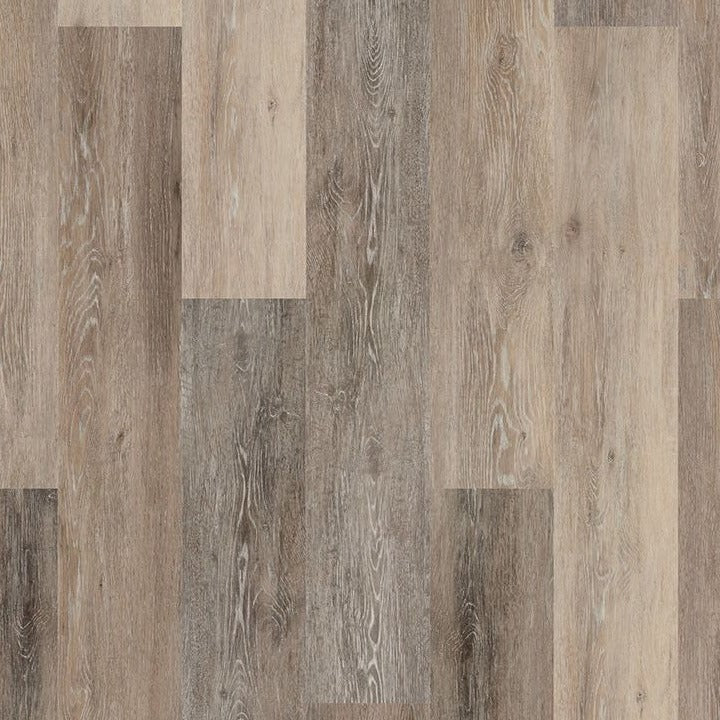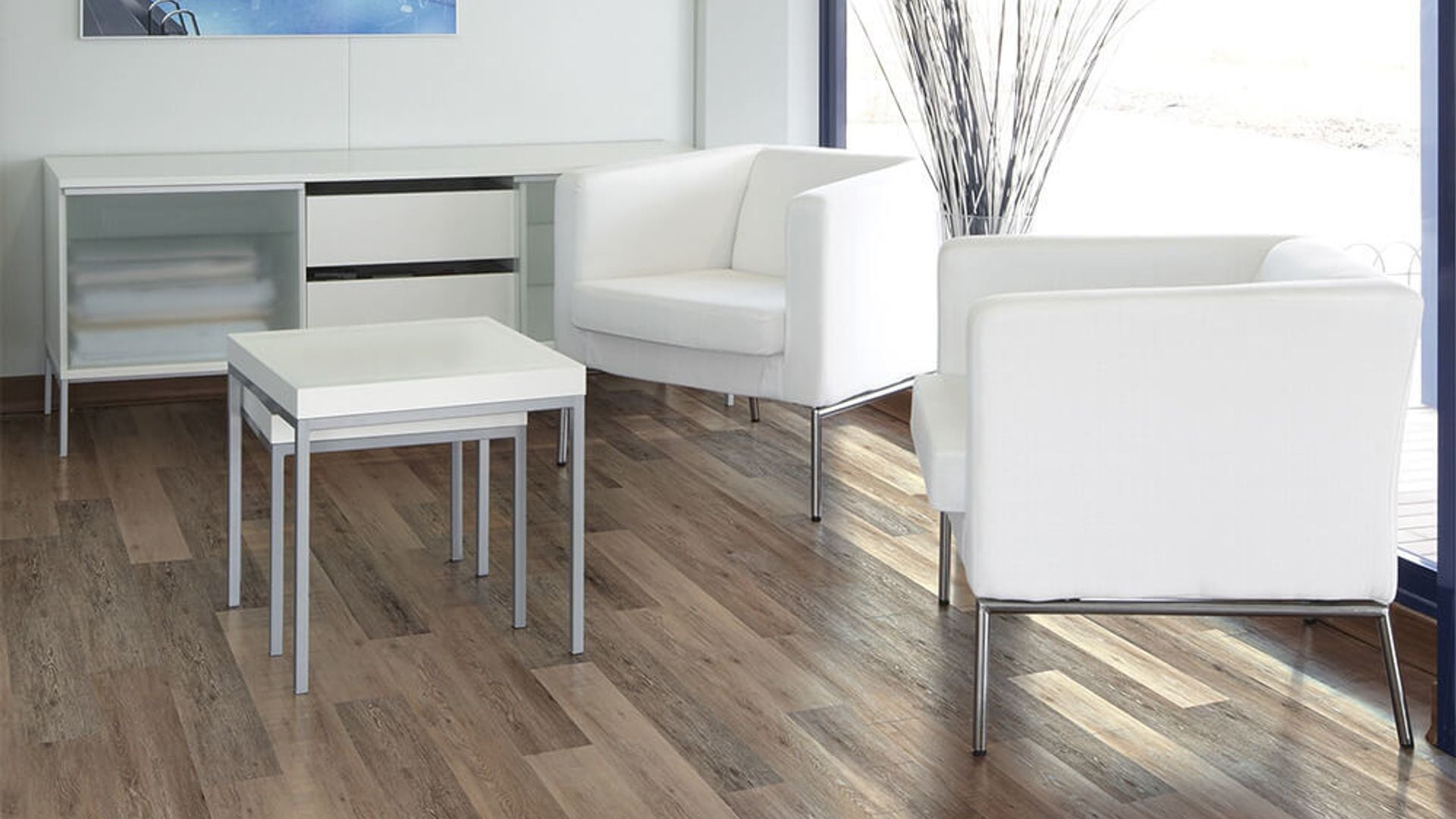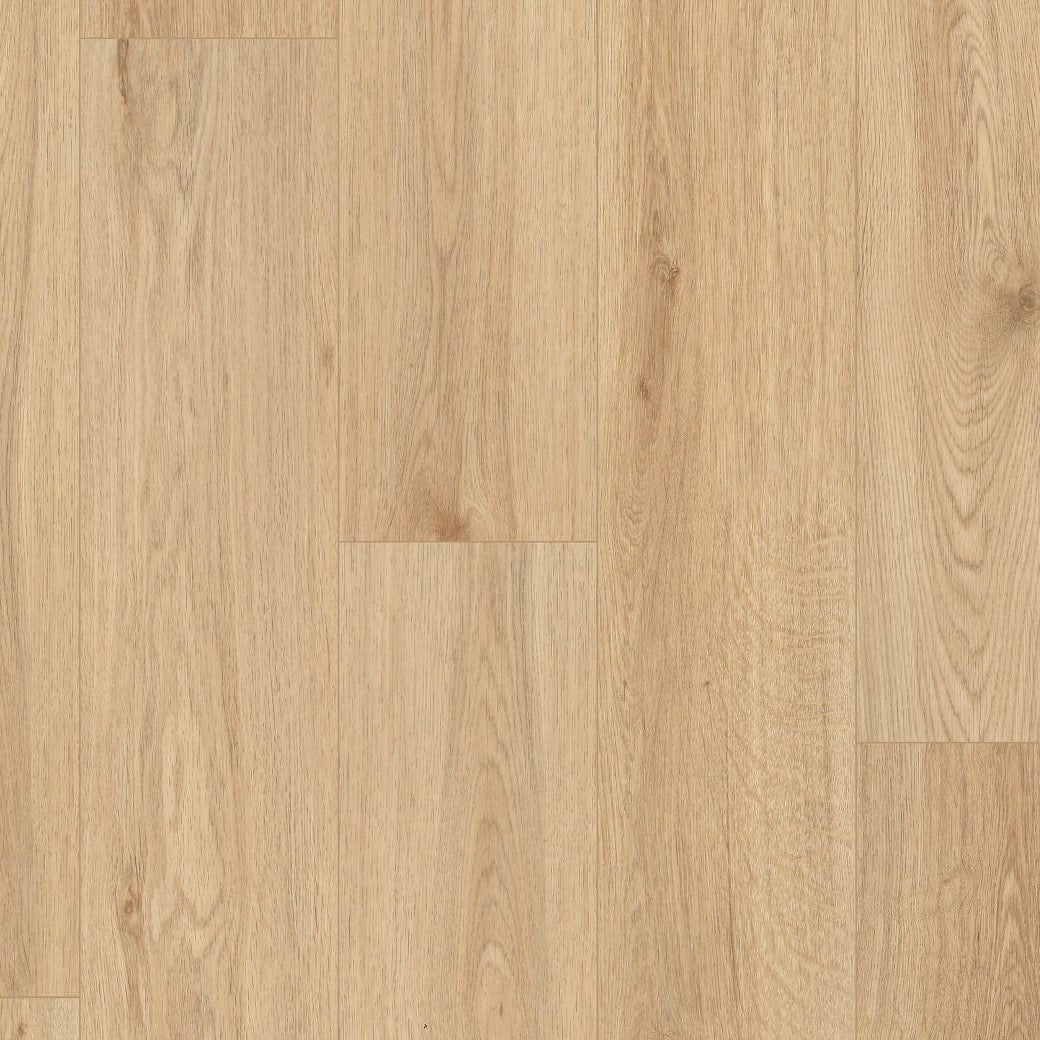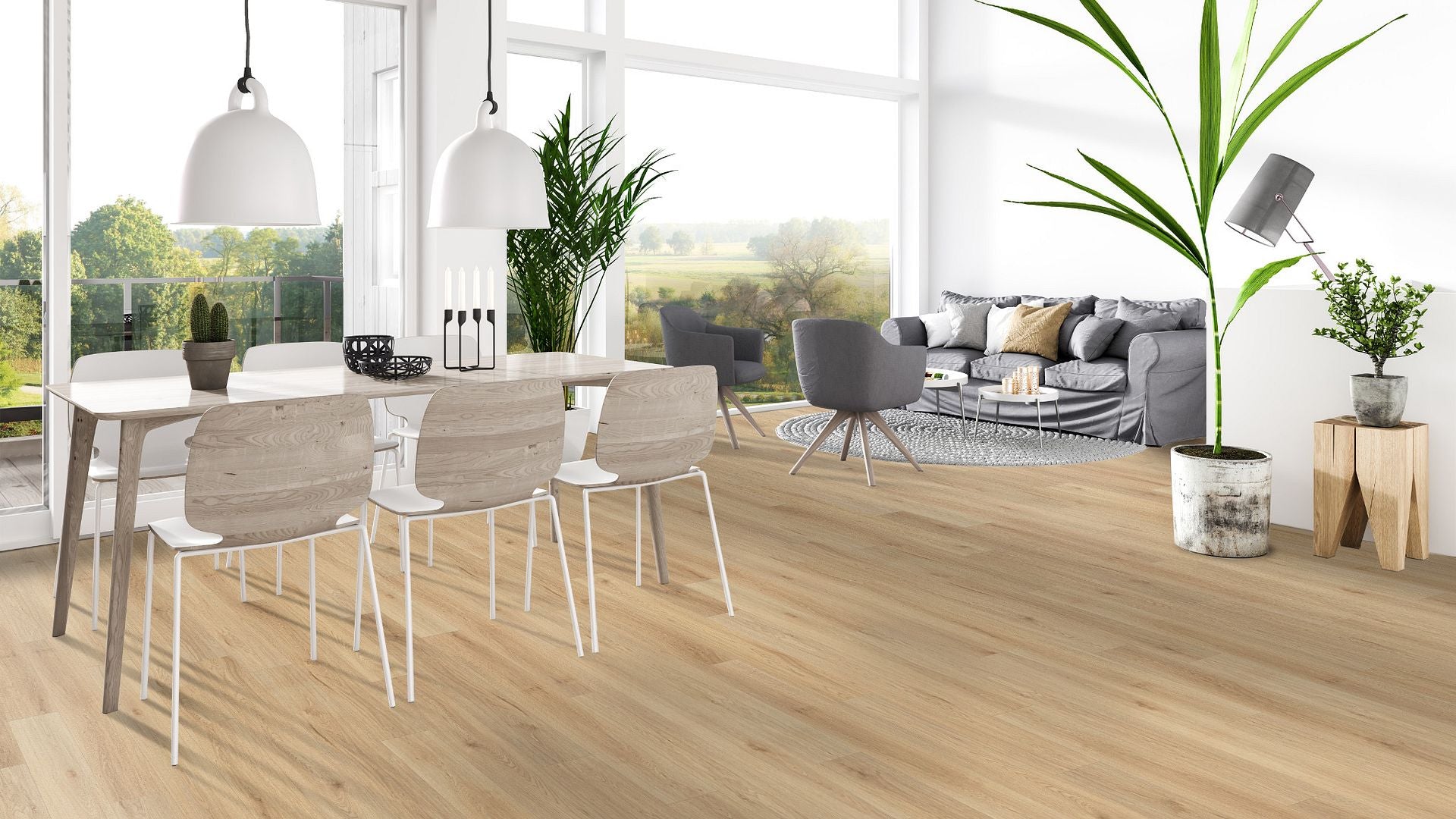Businesses come in all shapes and sizes and, just as most successful owners would say the facade of their building sets the tone for employees and clientele alike, flooring is an important choice that must be made at one point or another—preferably when starting out. Flooring determines functionality as much as decor, making it worth the time it takes to research each option. Here's how this all plays out in the real world, and how owners can steer themselves into a smarter flooring choice.
Carpeting
Carpets are naturally more inviting than a stark wooden floor, so they're excellent for offices who want to put visitors or employees at ease. Plus, they're good at masking sounds, making them a must for offices who want to be considerate of their neighbors. Carpets are luckily much more environmentally friendly than they used to be, and they're generally an affordable choice. This is especially true for owners who choose carpet tiles that can be easily swapped out if they're stained or damaged (without replacing the full carpet.) It is important to understand the amount of foot traffic a business is likely to have, however. Extremely heavy foot traffic may increase upkeep, and might make another flooring option the ideal for that particular business.
Tile or Vinyl
Choosing tile or vinyl for an office is one of the most practical flooring decisions an owner can make. Both types of flooring are easy to clean and can stand up to even the heaviest of foot traffic. The advancements are such that both options can be purchased in practically any style an owner can imagine. It's even good for aesthetic and hygienic purposes as well. Luxury Vinyl Tiles (LVT) is an alternative product designed to mimic practically every other type of traditional flooring (e.g., wood, stone, etc.) It's more expensive than vinyl, but it also looks more professional without entirely breaking the budget.
Hardwood or Natural Stone
These options are so timeless that owners could run their business for multiple generations without ever worrying that they made the wrong choice. As ever-popular flooring options in residential and commercial settings, those who spring for the real thing are sending a message that style, professionalism, and authenticity are of the utmost importance. This subtle shift has a tendency to influence a visitor without their even realizing it. Both types of flooring are durable and easy to clean, even when they're under constant pressure. These options do require a bit of an investment compared to others, and while they'll last for quite a while (up to half a lifetime for hardwood), they may need to be refinished or replaced eventually.
Rubber or Laminate
Rubber flooring is often appropriate for offices that see an impressive amount of traffic. However, business owners should note that rubber is easy to maintain and able to handle as much moisture as visitors can throw at it. It muffles noises and makes slipping practically impossible, which can be a great benefit to environments in which injuries are a concern. While it might not be found in settings that are noticeably image-conscious, rubber flooring does come in a variety of colors and styles. Laminate flooring is also easy to clean and an affordable choice for businesses. However, it can be a challenge to repair or replace if it is severely damaged during the normal course of business.
There's certainly a lot to think about when it comes to flooring, especially considering just how many options are on the market. But business owners just need to answer a few simple questions about what they want out of their flooring to find the right choice for them. Whether they want to look their best for clients or just want something that's easy to clean at the end of the day, there's a product available that will suit them while sending an appropriate message to all who stop in.



